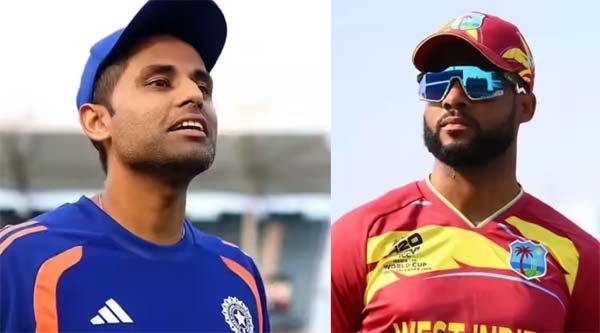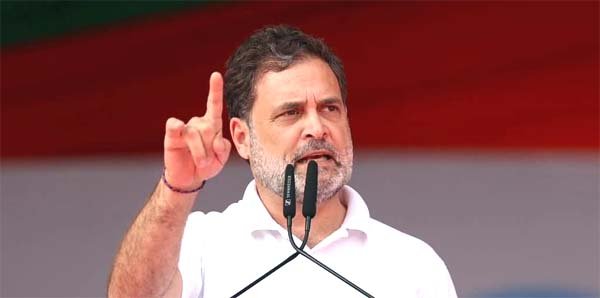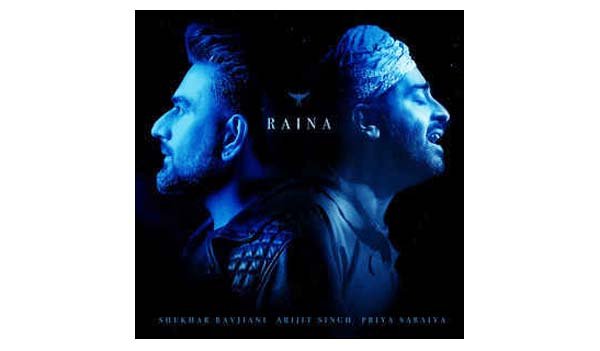New Delhi April 15 (UNI) Advocate Mahendra Pratap Singh, the main petitioner in the Krishna Janmabhoomi case and president of the Shri Krishna Janmabhoomi Mukti Nyas, has come out in strong support of the new Waqf laws-2025.
He has filed a petition in the Supreme Court seeking to present his side during hearings on the validity of the new laws.
This move comes as a response to petitions filed in the Supreme Court by AIMIM leader Asaduddin Owaisi, Trinamool Congress MP Mahua Moitra, and ten others, who have challenged the new Waqf laws, calling them anti-Muslim.
In his petition, Mahendra Pratap has praised the government’s move, calling the new Waqf laws a “historic decision.” He has requested the Supreme Court to combine and hear together all petitions filed by Hindu groups in various High Courts since 1995 against the old Waqf laws.
The Waqf Board and Waqf Council were originally established under laws enacted in 1995. The central government has recently amended these laws and introduced the new Waqf Laws-2025, which some Muslim leaders have opposed.
According to Mahendra Pratap Singh earlier, the Waqf Board had the unchecked power to declare any property as Waqf property. This, he says, led to widespread misuse, including selling properties and misusing the rent collected from them. He believes the new law is necessary to curb these practices.
He also stated that the new law does not interfere with religious practices and actually ensures participation of Muslim women in Waqf matters — a step towards transparency and inclusivity. Hence, he said, opposing the law is unjustified.
In his petition, he has also requested the Court to club and hear all related cases, including those pending in High Courts since 1995, along with the current challenges to the new law, to ensure a comprehensive verdict.
Advocate Singh has emphasized that his petition is aimed at presenting the Hindu side’s perspective and supporting the central government’s reform efforts in Waqf property management.
A bench headed by Chief Justice of India (CJI) Sanjiv Khanna said it would hear all the petitions.











